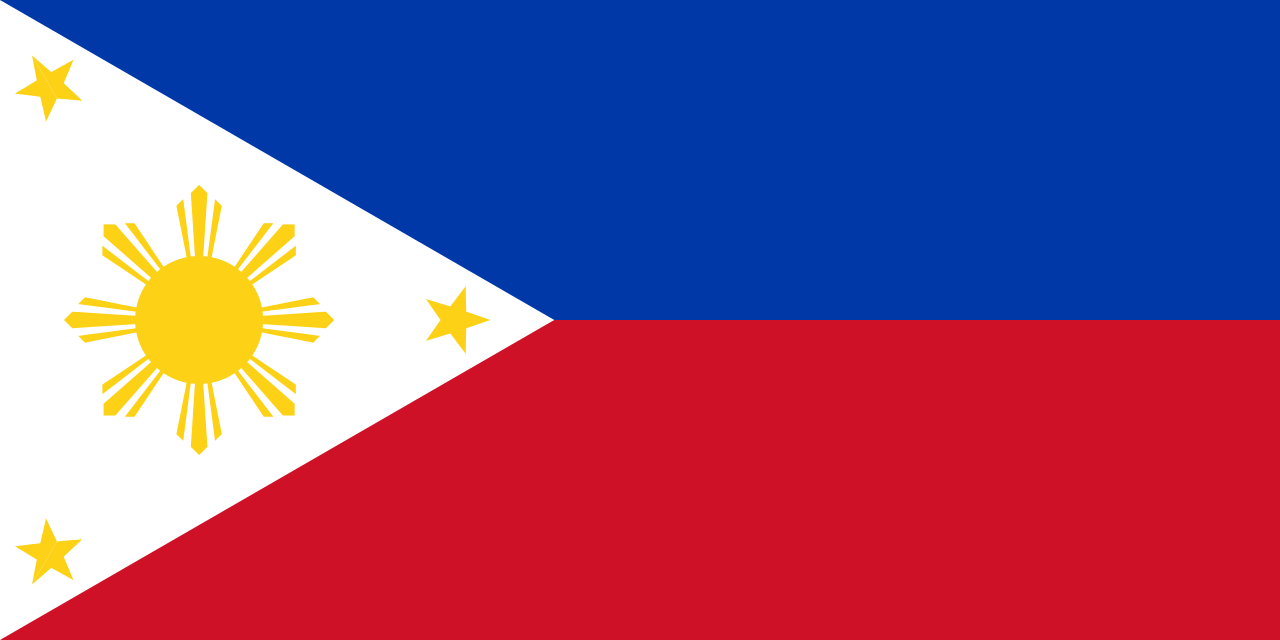An “army,” not of soldiers but of coffee experts—farmers, processors, roasters, cuppers, graders and cafe owners—is what the Philippine Coffee Board Inc. (PCBI) hopes to have for the country by 2018, to help build a stronger coffee industry and create high-quality products that can compete in the international market.
Through a partnership with the US-based Coffee Quality Institute, PCBI will conduct educational courses such as Coffee Quality and Standards, Cupping, Grading and Roasting all over the country in the next two years, said PCBI president Pacita U. Juan at the recent Good News Kapihan forum held in Makati City.
The idea, said Juan, is to have our own group of local experts who can “speak the universal language of coffee,” otherwise known as the Q system.
Q is a grading system for coffee that is used to determine which ones can be labeled “specialty,” explained Trish Rothgeb, CQI director of Q and educational programs.
“The technical definition of ‘specialty’ coffee means it was given a score of at least 80 on a 100-point scale. The definition was arrived at by many coffee professionals from all over the world. With this definition comes a sort of language, and sets a [global] standard for quality,” said Rothgeb.
“But there’s also a more loose definition of ‘specialty’ coffee. Cappuccino, for example, has been called specialty; sometimes the term ‘gourmet’ is also used,” she added, “But for our purpose of teaching the technical aspect of coffee, we always refer to ‘specialty’ as a technical term.”
A grade of 80 and above, said Rothgeb, would be given if the coffee is found to have very little to no defects, such as a sour or medicinal taste, which is common among commercial coffees.
“The standard is very high,” she said.
It’s this kind of standard that Philippine coffee farmers need to meet to further grow the local industry and establish themselves as strong players in the global coffee market.
“Aside from training cuppers (professional tasters) and graders, we also want to educate others in the industry—the farmers and roasters—on the kind of quality coffee potential buyers are looking for,” said Juan.
Rothgeb was in the Philippines recently to facilitate a roasting course for local coffee professionals.
Two of her students joined her in last week’s forum: coffee farmer and Sulu Royal Coffee founder Princess Kumalah Sug-Elardo and Commune Cafe owner Ros Juan.
Elardo has been in the business of coffee since 2008.
She formed the People’s Alliance for Progress Multipurpose Cooperative (PAPMC) in Panamao, Sulu, after seeing coffee beans just scattered all over the town’s streets.
“I thought to myself, what could I do to improve the coffee [industry] here?” said the Putlih, or princess of Sulu.
PAPMC has since grown its membership to 2,000 and is present in 30 barangays across four municipalities, said Elardo. Some 372 of the cooperative’s members are coffee farmers.
“When we started, [our farmers] had no savings. Now they have something like P120,000 annual [savings], or around P10,000 a month,” said Elardo. “Before, our coffee was only priced at P40 per kilo. Now, just our ‘waste’ is already at P70 per kilo. Our regular produce is sold at P250-P280 per kilo.”
However, through Rothgeb’s class, Elardo said she realized she and her farmers still had a lot to learn when it comes to roasting coffee.
“We weren’t aware of the different temperatures and colors; we just had one way of roasting. So now we know that there are dark, medium and light roasts, and that the size of the coffee beans also determines how you should roast them,” said Elardo, “I’m bringing everything I learned back home with me and I will teach this not just to our members, but even other roasters in the province.”
As for Juan, who put up Commune Cafe as part of her advocacy to promote Philippine coffee, she said she was excited to apply what she had learned from Rothgeb, especially since she had just invested in her own roaster.
“Now I know another side of coffee production. There’s so much science in it,” she said.
Aside from offering coffee education courses, PCBI, together with the Agricultural Cooperative Development International and Volunteers in Overseas Cooperative Assistance (ACDIVOCA), will assist CQI in certifying “cupping laboratories”, which will be strategically placed across the country so farmers who want to have their coffee scored can easily reach them.
On Oct. 12-13, the 9th National Coffee Summit sponsored by the Peace and Equity Foundation will be held at SMX Lanang Davao City, where CQI’s senior advisor Ted Lingle and other international coffee experts are expected to attend.
After 15 years, PEF remains steadfast in its support for the coffee industry.
Rothgeb said one of the tests of the success of various programs for the local coffee industry would be if she “could call my importer in San Francisco and ask, ‘what are your specialty lots of Philippine coffee?’ And he would have two or three on his shelf.”
Organizations
“[But] it’s going to take a few years,” Rothgeb added. “We are working with many research organizations who can help increase yield as well as improve quality. That is what the Philippines needs now.”
Annelle Tayao-Juego















